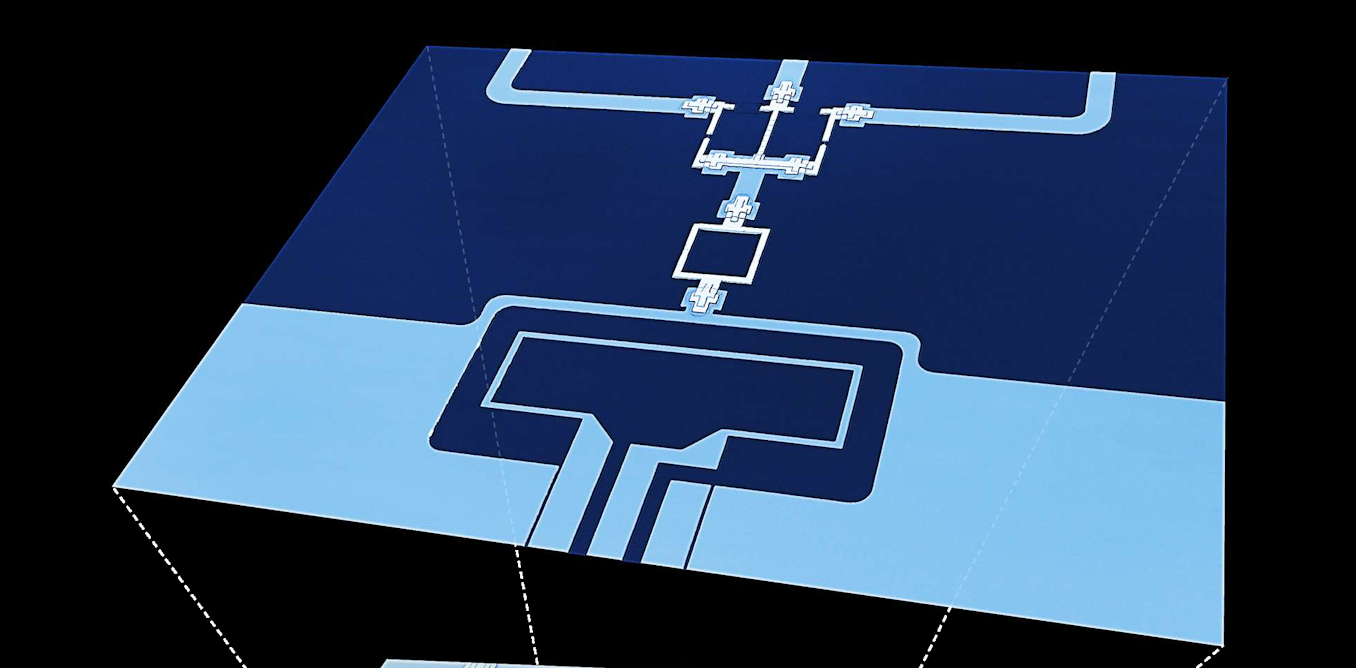Science
Scientists Honored with Nobel for Breakthroughs in Quantum Technology

The Nobel Prize in Physics for 2025 has been awarded to three prominent scientists for their groundbreaking research in ultracold electronics, which has significantly advanced the field of quantum technology. The laureates, John Martinis, Michel Devoret, and John Clarke, demonstrated that superconducting circuits can exhibit quantum behavior, paving the way for practical applications in quantum computing and related technologies.
Quantum mechanics, the study of the behavior of microscopic particles, has revolutionized how researchers approach complex problems in various fields, such as chemistry and cryptography. Quantum computing, in particular, holds the potential to tackle challenges beyond the capabilities of even the most powerful classical computers. This potential relies on the successful development of practical quantum technologies, notably superconducting electrical circuits.
In their pivotal research during the mid-1980s, Martinis, Devoret, and Clarke explored the quantum effects within large electrical circuits. They utilized a circuit composed of niobium and lead, which becomes superconductive when cooled to just above absolute zero. The team’s findings revealed that these superconductors are governed by quantum mechanics, possessing quantized energy levels and the ability to exist in superpositions of multiple states.
The implications of their work are profound. Superconducting circuits are now instrumental in studying fundamental quantum physics, simulating complex physical systems, and enhancing ultraprecise sensing protocols. For instance, the Devoret group has recently developed a highly effective microwave amplifier based on superconducting technology, which finds applications in communications and scientific instruments.
Superconducting circuits also play a critical role in the realm of quantum computing. They allow multiple quantum systems to interact and become entangled, creating a unified system that harnesses unique quantum properties. In this context, researchers utilize quantum bits, or qubits, which can exist in two states. The coherence, controllability, and scalability of these qubits are essential for developing functional quantum computers.
While various technologies show promise in quantum computing, superconducting circuits stand out for their adaptability. Researchers can modify circuit designs to achieve desired qubit behaviors, making them easier to control and predict. This flexibility positions superconducting circuits as a leading platform for quantum computing development.
The contributions of the Nobel laureates extend beyond their initial discoveries. Martinis has previously spearheaded Google’s quantum processor initiative and continues to innovate in the field. Devoret also collaborates with Google, and Clarke, now retired, has dedicated much of his later career to quantum circuit research. Their influence has shaped the careers of many, including emerging scientists who trace their academic lineage back to these pioneers.
Eli Levenson-Falk, a physicist specializing in superconducting circuits, reflects on the lasting impact of the laureates’ work. He emphasizes the importance of mentorship and the profound effect these scientists have had on the next generation of researchers. The 2025 Nobel Prize recognizes their monumental achievements and sets the stage for future advancements in quantum technology, with ongoing efforts focused on enhancing qubit coherence and scaling up quantum processors for practical applications.
-

 World4 months ago
World4 months agoTest Your Knowledge: Take the Herald’s Afternoon Quiz Today
-

 Sports5 months ago
Sports5 months agoPM Faces Backlash from Fans During Netball Trophy Ceremony
-

 Lifestyle5 months ago
Lifestyle5 months agoDunedin Designers Win Top Award at Hokonui Fashion Event
-

 Entertainment5 months ago
Entertainment5 months agoExperience the Excitement of ‘Chief of War’ in Oʻahu
-

 Sports5 months ago
Sports5 months agoLiam Lawson Launches New Era for Racing Bulls with Strong Start
-

 World5 months ago
World5 months agoCoalition Forms to Preserve Māori Wards in Hawke’s Bay
-

 Health5 months ago
Health5 months agoWalking Faster Offers Major Health Benefits for Older Adults
-

 Lifestyle5 months ago
Lifestyle5 months agoDisney Fan Reveals Dress Code Tips for Park Visitors
-

 Top Stories2 weeks ago
Top Stories2 weeks agoTongan Star Eli Katoa Shares Recovery Update After Surgery
-

 Politics5 months ago
Politics5 months agoScots Rally with Humor and Music to Protest Trump’s Visit
-

 Top Stories5 months ago
Top Stories5 months agoUK and India Finalize Trade Deal to Boost Economic Ties
-

 Health2 months ago
Health2 months agoRadio Host Jay-Jay Feeney’s Partner Secures Visa to Stay in NZ









